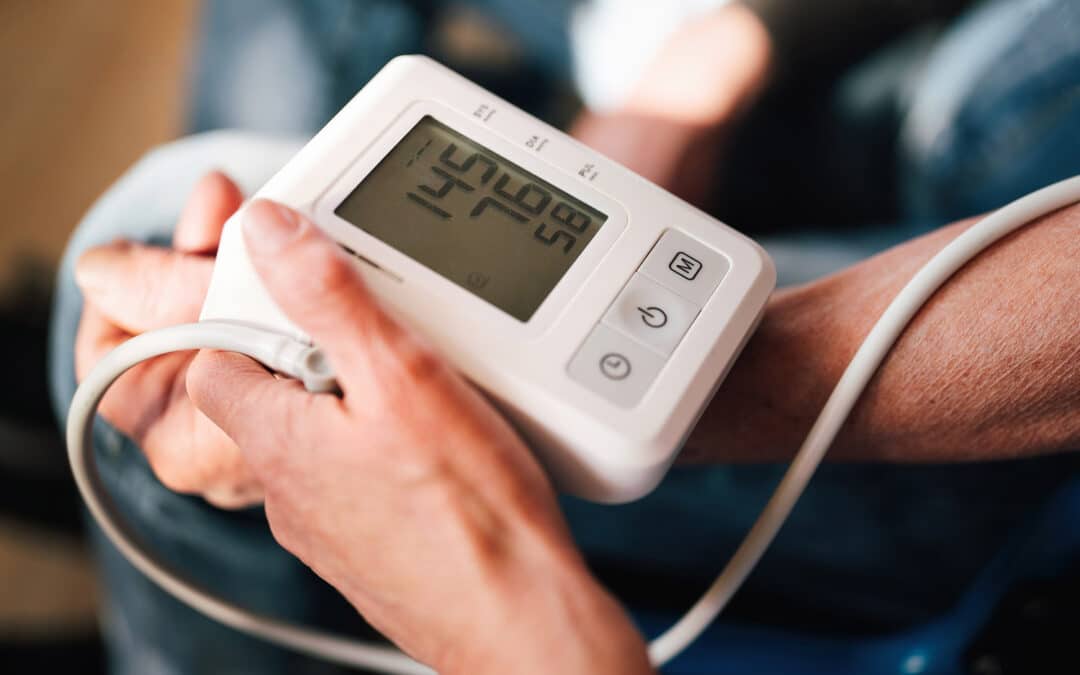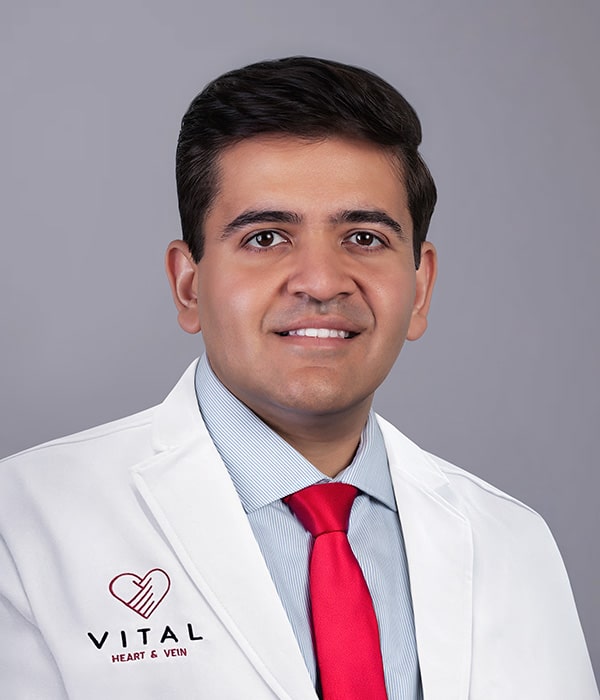As one gets older, it becomes more important to follow a balanced diet and exercise program in order to stay healthy. Besides helping to maintain a healthy weight, and good level of cholesterol, establishing a healthy routine can also encourage heart valve disease prevention. Heart valve disease is more common in those over the age of 55. Read on to learn more about the causes of heart disease, what you can do to prevent heart valve issues, and treatments available to help care for your heart’s health.

What causes heart valve disease?
There are a number of reasons one may develop a heart valve issue. This can include factors such as older age, history of heart related infections, diabetes, high cholesterol, other forms of heart disease, heart attack, and history of family heart health. Heart valve disease can come from other heart issues caused by rheumatic fever (result of untreated strep infection or scarlet fever), infections that can get into the bloodstream, and certain medications. Before deciding for yourself what might have caused your own heart valve disease, it is always suggested that you call your doctor or heart specialist about your heart’s health.
Heart valve disease is present in those whose valves within the heart do not work like they should. It’s important to discuss your heart’s health with your doctor, and get necessary information from blood-related family members about your family’s history of heart disease. You might be surprised at what you can find out just by talking to the relatives close to you.
What are the symptoms of heart valve disease?
Symptoms of heart valve disease can sometimes appear to be commonly occurring feelings or ailments such as dizziness and fatigue, while others can be concerning like an irregular heartbeat and fainting. Other symptoms of heart valve disease can include swelling, particularly from the ankles down, and shortness of breath.
There are four valves within your heart. Each one serves a special purpose and helps control the blood flow within your heart so that your body can continue to function in a healthy manner. The four valves in your heart consist of the tricuspid valve, pulmonary valve, mitral valve, and aortic valve. Your tricuspid valve is supposed to stop the backflow of blood from the right ventricle to the right atrium. Your pulmonic (pulmonary) valve allows the blood to leave your heart and reach the lungs. The mitral valve closes off the path between the left atrium and left ventricle. The aortic valve closes itself off of the left chamber and allows the blood to be released to the rest of the body. Complications from any of these four valves not functioning properly can result in a stroke, blood clot, heart failure, and even death.
What can I do?
You can start by visiting your doctor and maintaining regular checkups. You should be sure that you treat rheumatic fever as soon as you notice symptoms like sore throat and fever. You should also cultivate a heart healthy lifestyle including regular physical activity and a balanced diet. This may include cutting back on things like red meat, foods high in sugar and fat, and foods with high amounts of salt. Take a look at some of our low sodium recommendations here on our blog. If you are unsure about how to structure your diet, refer back to basics and take a look at the six major food groups including:
Fats, Oils, and Sweets – Should be consumed as an occasional treat. Avoid having too much at one time, and for every meal.
Dairy – One should stick to a few servings of low fat dairy products a day. For those who are lactose and tolerant, try alternatives such as almond milk, coconut milk, rice milk, and soy milk.
Protein, Meat & Nuts – Try to maintain a few servings of lean protein a day. Protein can come from fish, nuts, eggs, and beans.
Vegetables – Have a generous serving of veggies a day. Leafy green or richly colored vegetables are packed with vitamins and minerals.
Fruits – Use a few servings of fruit a day as the amount of sugar in fruit can add up. Bananas, apples, and citrus are both delicious and packed with vitamin C.
Grains – Maintain portioned amounts of grains in your everyday diet. Whole grains are considered to be the best choice.
When it comes to physical activity, if the idea of working out sounds scary to you, don’t worry! There are a ton of low impact exercises that can help you maintain a healthy heart. For example, you can look into movements like yoga, swimming, cycling, and weight training.
Treatments available
There are some medicines aimed at preventing heart valve disease by improving blood flow, lowering cholesterol, and alleviating symptoms of heart disease. Aside from medicine, surgery may be required to help out the heart as well. Heart valves may be repaired or replaced depending on your age, severity of heart valve problems, and overall health. In some cases, heart valve repair simply cannot be done. So it is extremely important that you do everything you can now to help your heart’s overall health for the future.
If you are interested in learning more about your own heart health, or heart valve disease prevention, take a look at both our physicians and procedures offered through our services at Vital Heart & Vein. Through regular checkups, a nutritious diet, and consistent exercise, you can help do your best to keep your heart healthy.






